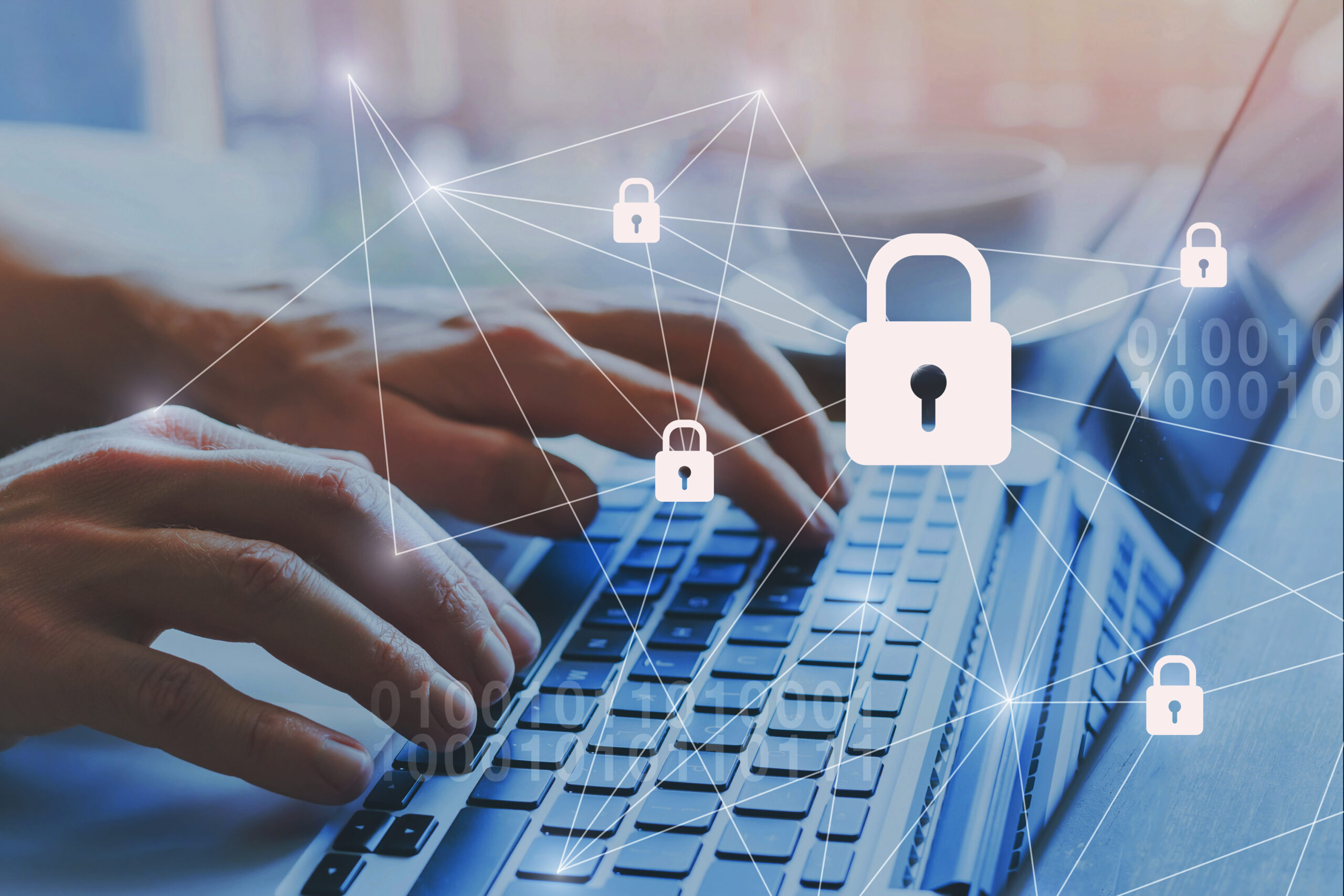Internet Security Challenges Unique to Small Businesses
Entrepreneurs, managers, and employees are encouraged to adopt basic Internet security practices to reduce network vulnerabilities and drive up the price of successful hacking. As big companies improve their defenses, small businesses become low-wage businesses – hanging fruit for cyber criminals. Small businesses are handling far more data than is warranted to protect them from bad actors, according to a new report from the US Department of Homeland Security. [Sources: 7]
Businesses should be aware of the common online risks that could make them victims of cybercrime, according to a new report from the US Department of Homeland Security. [Sources: 7]
Suppose a small business owner wants to assess the risks of a hacker trying to plant ransomware, a likely threat, on a system that contains important data. If the system is still critical and has a firewall and antivirus software, the risk to the company is high because the network is particularly vulnerable, and the loss would represent significant costs for maintaining its operation, according to the report. The risk to small businesses is medium because they are vulnerable and have a good external defense, but their systems are critical, critical or not, their risks are medium. [Sources: 1]
The stakes are high when it comes to protecting a company’s most valuable and sensitive data, and security providers are pushing the industry with often competing claims about the best way to protect sensitive information and stay safe online. Security providers, with their often conflicting and often contradictory claims, are pushed into an industry to protect companies “most valuable, sensitive data. [Sources: 1, 6]
SMEs are often unaware of the security risks they face, and even those who understand the threat landscape may not have the resources to effectively address these risks. The cost of a data breach is high, but many SMEs donate to survive a subsequent cyber attack, according to a recent report by the Centre for Digital Democracy. [Sources: 6]
Weave has compiled a list of expert tips for cybersecurity, including statistics and insights that highlight the importance of security for SMEs, as well as tips for training and educating cybersecurity professionals. Physical threats come in all shapes and sizes, from stolen devices to physical threats such as ransomware and phishing attacks. The detection and protection from these is crucial to prevent ransomware or Phish attacks, but not the only threat to your business. [Sources: 6, 8]
Social engineering is when attackers try to trick you into passing on confidential information over the phone or in person. You call your company, which pretends to be an attacker, and ask for sensitive information that you can use for criminal purposes. This helps prevent bad or fraudulent software from getting into the company’s systems. [Sources: 3, 8]
While new technologies have enabled small and medium-sized enterprises to grow and reach larger markets, they have also increased the risk of cyber attacks. For this reason, companies must have a strong safety plan for their employees, and employees must be aware of the risks. [Sources: 3]
Cybersecurity, privacy, and technology are even more important for small businesses, as they often do not recover from such attacks. Cyber risks to small businesses are similar to those to large companies when it comes to details, data breaches, malware and the like can happen to any organization. Whether you are working on a network, email, or other communication systems, it is easy to forget the threat cyber poses to a small business. [Sources: 2, 3]
But small businesses are likely to face consequences for longer – more lasting and tougher – if these threats are not identified or addressed. [Sources: 2]
According to a recent data breach report released by Verizon, 43% of all reported data breaches were by small businesses. 43 cyberattacks on small businesses involved personal information such as credit card numbers, Social Security numbers and bank account numbers. [Sources: 2, 4]
Worse, it is estimated that 60% of SMEs were forced to cease operations after an attack. As owners of small and medium-sized enterprises, we have great security needs that should not be constrained by overpriced cyber security solutions that force us to pay yet another costly monthly bill. In this guide, I will outline the importance of cybersecurity to small businesses and show you the key steps you can take to improve your strategy for preventing data loss within your budget. [Sources: 4]
A survey highlighted by the SEC found that only 29% of small businesses know what they need to do to improve security. Another study found that companies earning less than $100 million reduced their security spending even as incidents increased. [Sources: 5]
Weaknesses abound, and understanding hackers “methods can help mitigate the immediate threat of your data being stolen. By being at the forefront of cyber security, you can prevent large-scale data breaches that cause massive damage and prevent massive damage. [Sources: 5]
With small businesses facing tight bottom lines, many cannot afford to spend a lot of money building their network security infrastructure. [Sources: 0]
Sources:
[0]: https://www.soscanhelp.com/blog/small-business-cyber-security
[1]: https://cybersecurityguide.org/resources/small-business/
[2]: https://riskandinsurance.com/cyber-risk-for-small-businesses-understanding-your-individual-risks-and-what-you-can-actually-do/
[3]: https://www.unite.ai/top-10-cybersecurity-tips-for-small-businesses/
[4]: https://www.currentware.com/cybersecurity-on-a-budget/
[5]: https://online.maryville.edu/blog/three-cyber-security-issues-organizations-face/
[6]: https://www.zeguro.com/blog/101-cybersecurity-tips-for-small-to-midsized-businesses-smbs
[7]: https://www.uschamber.com/CybersecurityEssentials
[8]: https://info.goptg.com/ultimate-guide-to-small-business-cyber-security

Phil is the owner and principal designer and developer at All Saints Media. He has been in the industry for over 20 years and enjoys working with clients from a variety of industries.
Phil is a 1995 graduate of Cedarville University. He has a Bachelors in History. He received his Masters in Biblical Studies from Antietam Bible Seminary in 2007. Along with being a web and graphic designer, Phil is the senior pastor at First Baptist Church of Brunswick, MD.
Phil is married, and is the father of 5 beautiful children.

